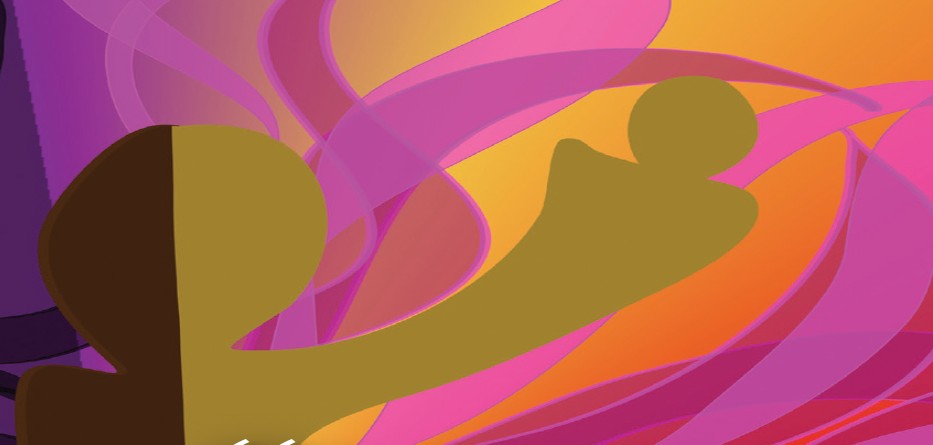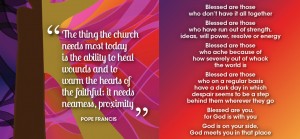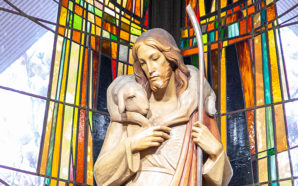World Mental Health Day is observed annually on 10 October. This year, the Church has sought to celebrate this day as an opportunity to encourage a truly pastoral view that embraces our total community as the living Body of Christ.
To be authentic, this view must include every member of the community acknowledging their call, their gift and their presence.
Recently, people with mental illness were consulted on their experience in the church in Australia. One respondent said, “I have a mental illness, my illness is usually episodic. I would like parishes to have some knowledge about mental illness in regard to stigma”.
Another stated, “For many people with a mental illness, it can be impossible to have full and active participation in parish life. They are so tired all the time (from a combination of medication and illness) that they just don’t have an opportunity to venture out much at all. We can’t afford to feel alone and not part of the Church, even though, at times it seems we are!”
In his letter to parishes, Chair of the Australian Catholic Disability Council, Bishop Terry Brady challenges us all, “We cannot claim to be truly disciples of Jesus unless we are totally engaged in honouring His presence in each one, and in building and nurturing this community to be a living witness of that presence. Clearly this is a revealed truth that is fundamental to our sense of our own real value. Just as clearly, this truth should be so evident in our lived experience that others are drawn to know, understand and experience the Father’s love that Jesus reveals. As faith communities, we can offer spiritual comfort through our prayerful presence in people’s lives by acknowledging their pain and supporting them through the healing and recovery process. We need to take action; we all need to learn what it means to support people with unconditional non-judgemental love”.
Chair of the Australian Catholic Disability Council, Ms Michele Castagna said, “People living with mental health challenges are no less members of the Body of Christ than anyone else. Obviously, there are particular challenges to enabling their full participation in the life of the community. Some of these challenges are visible and many others not so clearly identified. Once we acknowledge these challenges we can work together to ensure that all the gifts that flow through the Body of Christ can be shared by each member of that Body”.
Ms Castagna reinstated that now is a timely reminder “to look after our own well-being, especially our spiritual well-being. How are we nourishing our well-being through our spirituality? Parish communities can be great places to support and encourage people with mental illness and their families”.
A new parish kit, titled Healing Wounds and Warming Hearts has been distributed to every parish and diocese in Australia. It is hoped the kit will empower parishes to truly welcome, accept and support people living with mental illness. Pope Francis challenges us to be close to people struggling with mental illness.
“The thing the Church needs most today is the ability to heal wounds and to warm the hearts of the faithful; it needs nearness, proximity,’ Pope Francis said.









